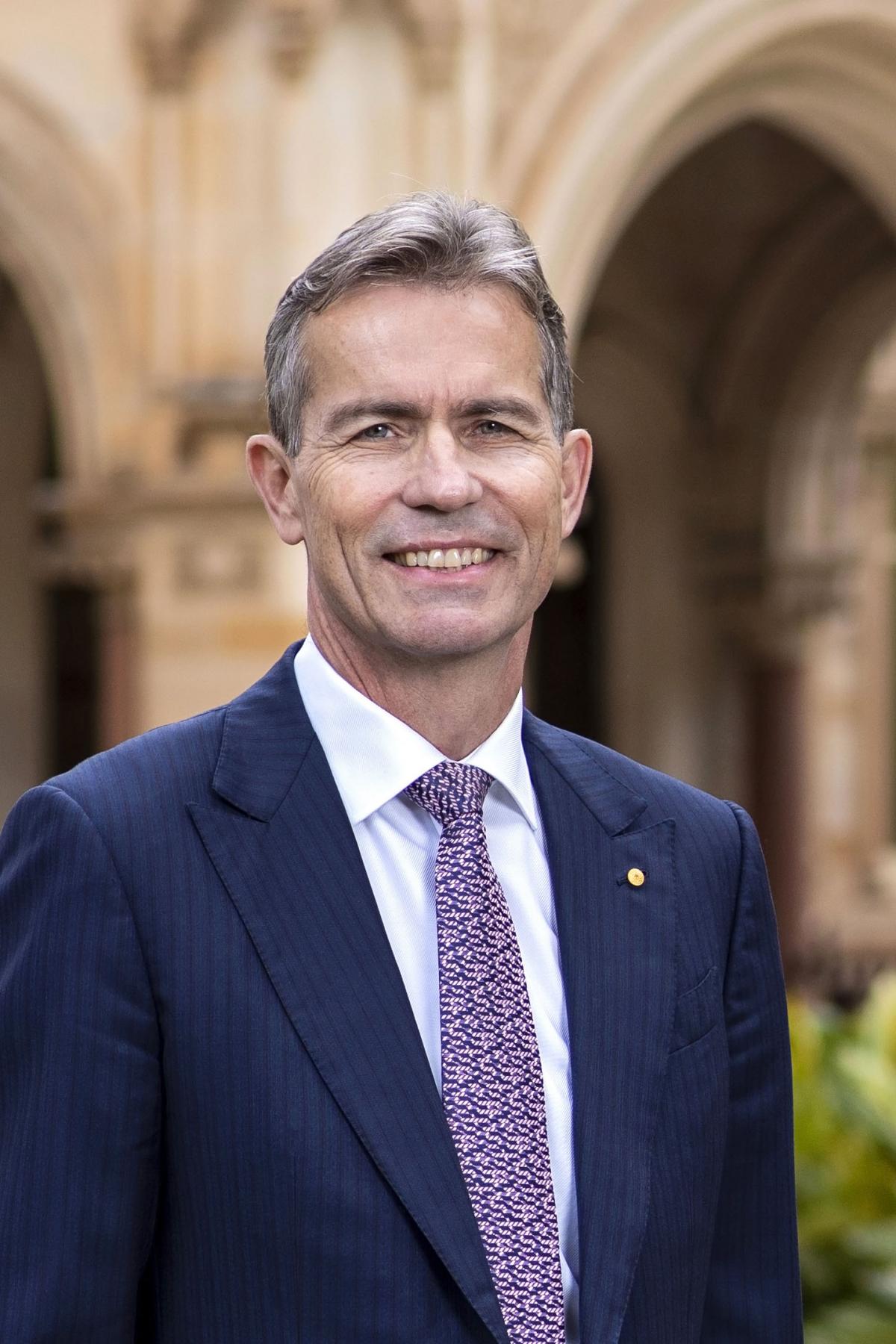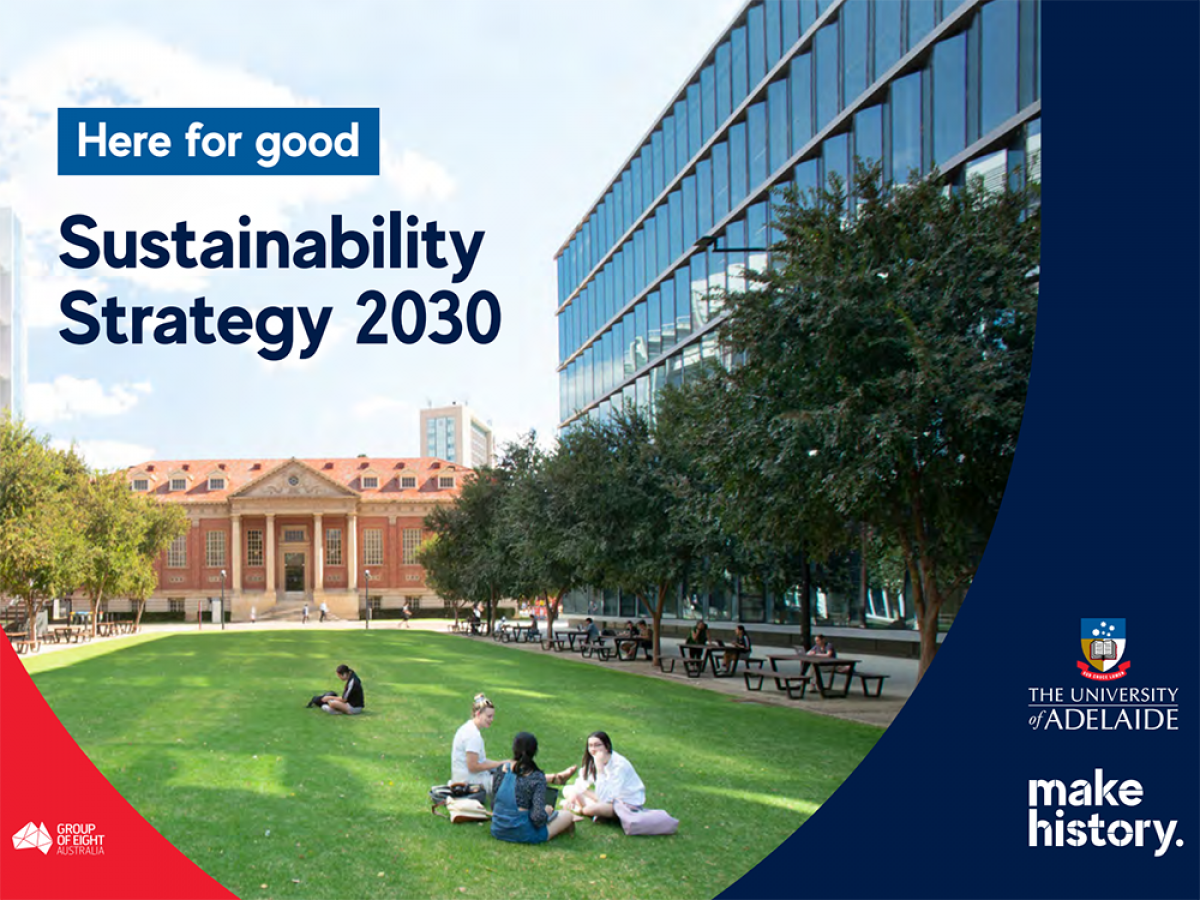Here For Good
The University’s Sustainability Strategy outlines the University’s commitment to a sustainable future and its ambition to lead and deliver positive and sustainable change for good.
As a signatory to the United Nations Sustainable Development Goals (SDGs) since 2016, the Sustainability Strategy responds across our research, teaching, community outreach, and campus operations, recognising the interdependence, complexity and criticality of climate, ecosystems, biodiversity, and human societies for future global prosperity.
The strategy’s goals and targets support our students with sustainable career paths, and provide communities and partners with researched solutions to transition to the green economy, solve sustainability challenges and build climate adaptation and resilience.
Founding Principle
Care for Country, and Country will care for you.
Aboriginal and Torres Strait Islander peoples have lived on this Country for over 60,000 years and in Caring for Country, are experts in sustainability. The University of Adelaide commits to learning from this cultural knowledge. Across every element of our Sustainability Strategy, we seek to make positive change with an ethos of Caring for Country and culture in our heads and our hearts.

Professor Peter Høj AC,
Vice-Chancellor and President
Message from the VC
Ultimately, the responsibility of University leadership is to create a better, more sustainable future for society and for our many current and future students, placing their success at the heart of what we do.
We envisage the University of Adelaide becoming a University of Choice for sustainability education and breakthrough research translated for environmental benefit whilst also leading campus sustainability transitions that inspire our students and staff.
Our Strategy has been guided by advice and feedback from staff, students, the Sustainability Strategy Steering Committee, and our broader community. It will serve as a signal to our university community and to wider society that we wish to partner and turn our ambitions into reality.

